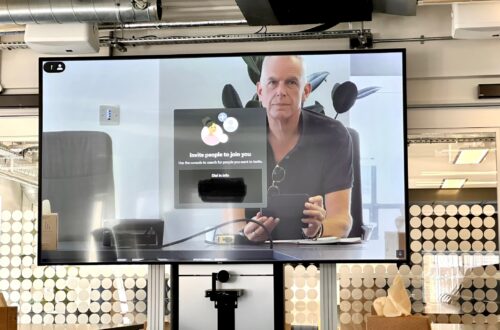
A Week in the Life of an Entrepreneur Preparing for Funding
Where numbers meet nerves, and grit meets the grind.
This is going to resonate with a lot of people…..
Monday, 7:12am. Your inbox is a battlefield. A polite “pass,” a vague “circle back in Q3,” and a request for your data room — urgently. The tone is familiar: friendly but transactional.
Welcome to pre-raise purgatory — that stretch of weeks (or months) where founders sell vision, market size, and momentum with unwavering confidence while privately wondering if it’s all enough.
This is a glimpse into the inner world of founders preparing for a fundraise. It’s not just pitch decks and charisma — it’s also late nights with financial models, repeated rejections, and the constant threat of running out of time.
Monday: Rebuilding the Deck, Again
You revisit your pitch deck. Slide 2 still isn’t quite right. Do investors care more about traction or team? Do they want TAM upfront or a narrative hook?
According to DocSend, investors spend an average of 3 minutes and 44 seconds reviewing a seed-stage deck — often deciding in under a minute whether they’ll keep reading. It’s ruthless.
You reframe your market slide. Re-cut the go-to-market plan. You know the data:
- Only 0.9% of startups that pitch to VCs actually receive funding.
- The average seed-stage raise involves 40–60 investor meetings.
- 70% of founders report spending more than three months on fundraising.
You tweak your one-liner. Again. Because if you don’t say it perfectly, someone else will.
Tuesday: Beyond the Deck – The Real Due Diligence
You survive your first investor intro of the week. The partner is sharp, polite, and slides in a question you didn’t expect:
“What are your unit economics at scale?”
You blink. The model doesn’t show scale yet — but you improvise.
The pitch is just the start. Once VCs are interested, the real process begins. They ask for:
- Data room access: forecasts, pipeline, cap table, IP rights, customer contracts.
- References: past colleagues, early customers, sometimes even competitors.
- Team dynamics: who’s essential? Who’s replaceable?
Founders often mistake the pitch as the finish line. In reality, it’s just the flag drop. The race is the follow-up.
Wednesday: Silence is Loud
You send five follow-ups to warm intros. You stalk email open rates. You replay yesterday’s pitch in your head. Did you talk too much? Did they get it?
The average time it takes to hear back from an investor after a first meeting is 10–14 days, but it feels longer. And most responses fall into one of three categories:
- The ghost.
- The soft “no.”
- The “let’s see more traction.”
Meanwhile, you stay in motion. You do a dry run of the next pitch. You keep refining your “use of funds” slide. You try to believe your own optimism.
Thursday: The Numbers Game
Today is about the funnel. If you want one term sheet, you need at least 10–15 strong leads, which means pitching at least 30–40 firms. It’s not personal — it’s statistics.
You update your CRM. You’re managing:
- 6 investor calls this week
- 2 ongoing “maybe” conversations
- 1 live due diligence
- 21 unanswered intros
And still, you have a business to run.
The paradox of fundraising: you’re asking people to believe in your momentum… while fundraising slows your momentum.
Friday: The Weight of Aspiration
You make time for a founder circle. Someone just raised £1.5m. Another just shut down. The contrast is brutal — a reminder of what’s at stake.
You reflect on why you’re doing this. The idea still excites you. The opportunity is still real. But the risk? It’s louder now. The runway says 83 days. Your gut says keep going.
At 4:43pm, a reply lands in your inbox:
“We’re intrigued. Can we see the latest metrics and some customer feedback?”
You forward the deck. Send a link to your data room. Your hands are shaking. You take a deep breath and open a new tab.
There’s another intro to send.
What This Means
Raising capital is part sales, part storytelling, and part survival. It demands clarity, composure, and unshakeable belief — in a world that constantly tells you to prove yourself.
Yes, founders need solid market fundamentals and scalable models. But they also need resilience, pacing, and community. Because for every founder who makes it, there are dozens who almost did.
And what separates them often isn’t the idea — it’s the ability to keep showing up.
Key Stats for Founders Preparing to Raise
- 3m 44s — average pitch deck review time (DocSend)
- <1% — of startups that pitch VCs get funded (Crunchbase)
- 40–60 — average investor meetings per seed round
- 10–14 days — average investor response time
- £1.4 billion — raised in UK seed/early-stage VC in Q1 2024 (Beauhurst)





